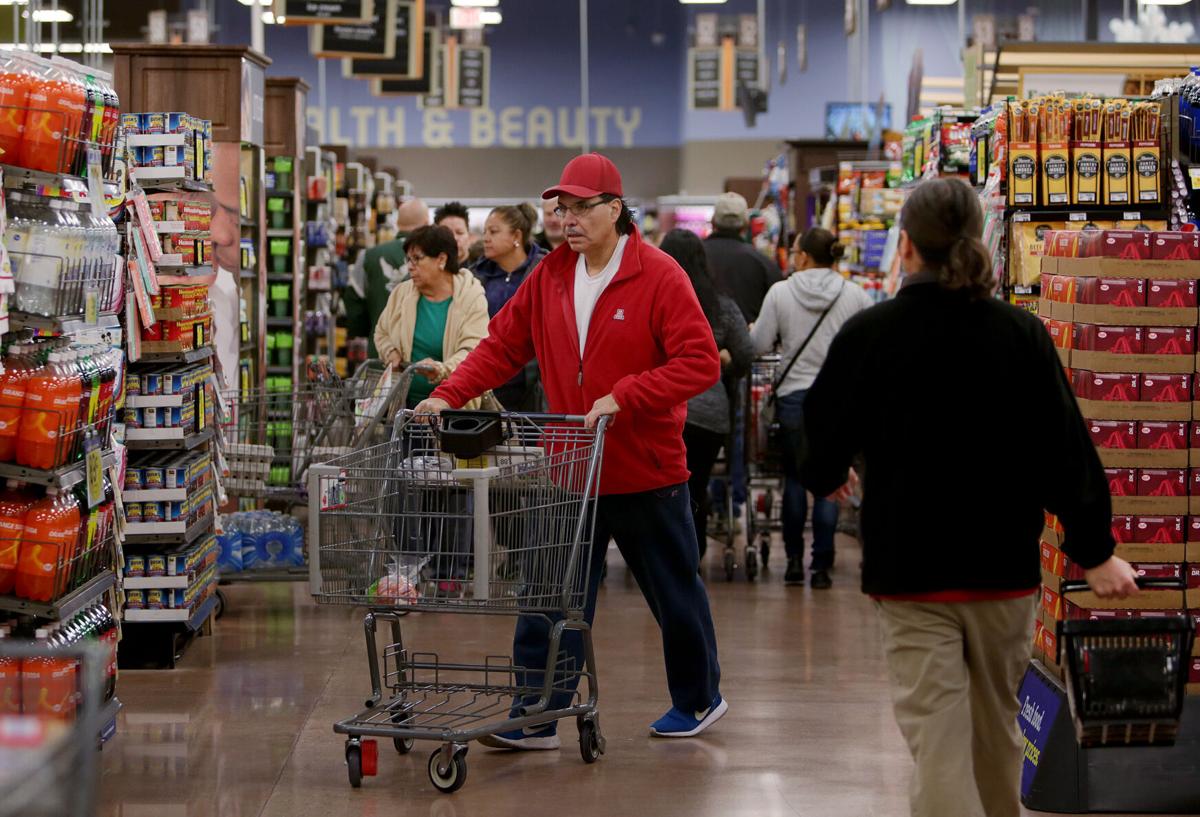Kroger and Albertsons have agreed to halt their controversial merger plan until at least October, after a Colorado judge ruled on the state’s request for a permanent injunction barring the $25 billion merger.
That means no changes for now in Arizona, where the companies have proposed selling off 101 stores, including 11 Safeway and Albertsons stores in Tucson and Southern Arizona, to avoid anti-trust issues. No Fry’s stores in Arizona have been listed for divestment.
The two grocery giants and the state agreed to a preliminary injunction barring the companies from consummating their proposed merger for at least five days after a ruling on the state’s request for a permanent injunction halting the deal, Colorado Attorney General Phil Weiser said.
Judge Andrew J. Luxen approved the preliminary injunction on Thursday.
The agreement will push any decision by Colorado District Court in Denver to well into October, since the state trial is set to begin Sept. 30.
“This is great news for shoppers, workers, farmers, and other suppliers, who can rest assured that this megamerger will not go into effect during harvest season and while kids are headed back to school,” Weiser said in an online post.
He said his office looks forward to making the case that this merger “will eliminate competition and impact food prices, jobs, and consumer choice.”
Kroger said in a statement that the injunction was welcome, as it eliminates the need for a preliminary injunction hearing in Colorado previously scheduled to start August 12.
“The hearing on the state’s request for a permanent injunction will go forward as scheduled on Sept. 30,” the company said. “We look forward to defending in court how the combination of Kroger and Albertsons will provide meaningful, measurable benefits, including lower prices and more choices for families across the country and more opportunities for stable, well-paying union jobs.”
The Federal Trade Commission also sued in February to block the proposed merger, saying the $24.6 billion deal would eliminate competition and lead to higher prices for millions of Americans.
The attorneys general of eight states, including Arizona, and the District of Columbia, have joined as plaintiffs in the FTC lawsuit.
Get your morning recap of today's local news and read the full stories here: tucne.ws/morning





